
News writer, Interviewer
House Bill 3115 changed the game for Oregon Lottery winners. As of late September, your name stays private unless you say otherwise. This marks a sharp turn from Oregon's previous stance. For decades, winner identities were public record. Now the state joins a growing list protecting player privacy.
What does this mean for you as an Oregon Lottery player?
Your identity stays under wraps
The law exempts the winner's names and addresses from Oregon's public records law. The Oregon Lottery cannot release your information without written permission.
The Oregon State Lottery Commission approved the rules on September 17. The lottery can still share other details: your city, the retailer that sold your ticket, the game you played, and your prize amount. Nothing more.
Want your moment in the spotlight? You can authorize the lottery in writing to use your name and photos.
The protection works backward. If you won last year or last month, your identity stays private regardless of when you bought your ticket. Anyone currently appearing on the Oregon Lottery's website or social media has signed release forms agreeing to be featured.
You can't sell your winning ticket
House Bill 3115 also kills the ticket resale market.
The lottery identified a "cottage industry of so-called 'discounters' buying winning tickets for less than face value, then cashing them in for the full prize." Some players sold tickets to avoid traveling to Oregon Lottery payment centers. Others dodged having their prizes garnished for outstanding child support or public assistance overpayments.
Under the new rules, lottery officials will evaluate prize claims to determine if tickets were bought, sold, or claimed illegally. Violation means denial and confiscation.
The lottery received 12 written comments during the public comment period. Two supported the changes. Ten opposed them. In response to convenience concerns, the lottery indicated work is underway for a digital claims and payment option for players unable to travel to payment centers.
Why did the change happen?
The anonymity provision emerged as an amendment to House Bill 3115. The original bill targeted ticket resales.
An investigation by The Oregonian/OregonLive uncovered entrepreneurs buying millions in winning tickets at 50-80% of face value, then redeeming them for full payment. This practice enabled tax evasion, helped winners avoid child support payments and other state debts, and allowed buyers to deduct ticket purchases as business expenses.
The new law prohibits ticket sales and blocks buyers from deducting purchase prices from taxable income in Oregon.
What about transparency?
Oregon previously belonged to a group of 23 states that publicly disclosed winner identities. The Oregon Lottery represents the state's second-largest funding source after personal income tax.
During the bill signing, Governor Tina Kotek stated:
I believe that safety and transparency are not mutually exclusive and can be achieved concurrently.
She plans to direct the lottery agency to continue publishing non-identifying winner information, such as city and ZIP code data. The anonymity clause doesn't prevent sharing winner information with tax authorities or agencies collecting child support and other state debts.
The lottery curse argument
Supporters point to the harassment some lottery winners face after their identities become public. Attorney Darian Stanford from Tonkon Torp testified about winners being subjected to doxxing and harassment after public disclosure.
Despite its significance, the anonymity amendment received minimal discussion in legislative committees or chamber floors before passage. The bill moved through the Oregon Legislature this spring with little debate on this provision.
A similar proposal to keep some winner names secret advanced through the House in 2019 when Kotek served as House speaker, but never received a Senate vote.
The legislation passed the Oregon House on March 17 and the Senate on April 29.
Your win, your choice. That's the new Oregon way.
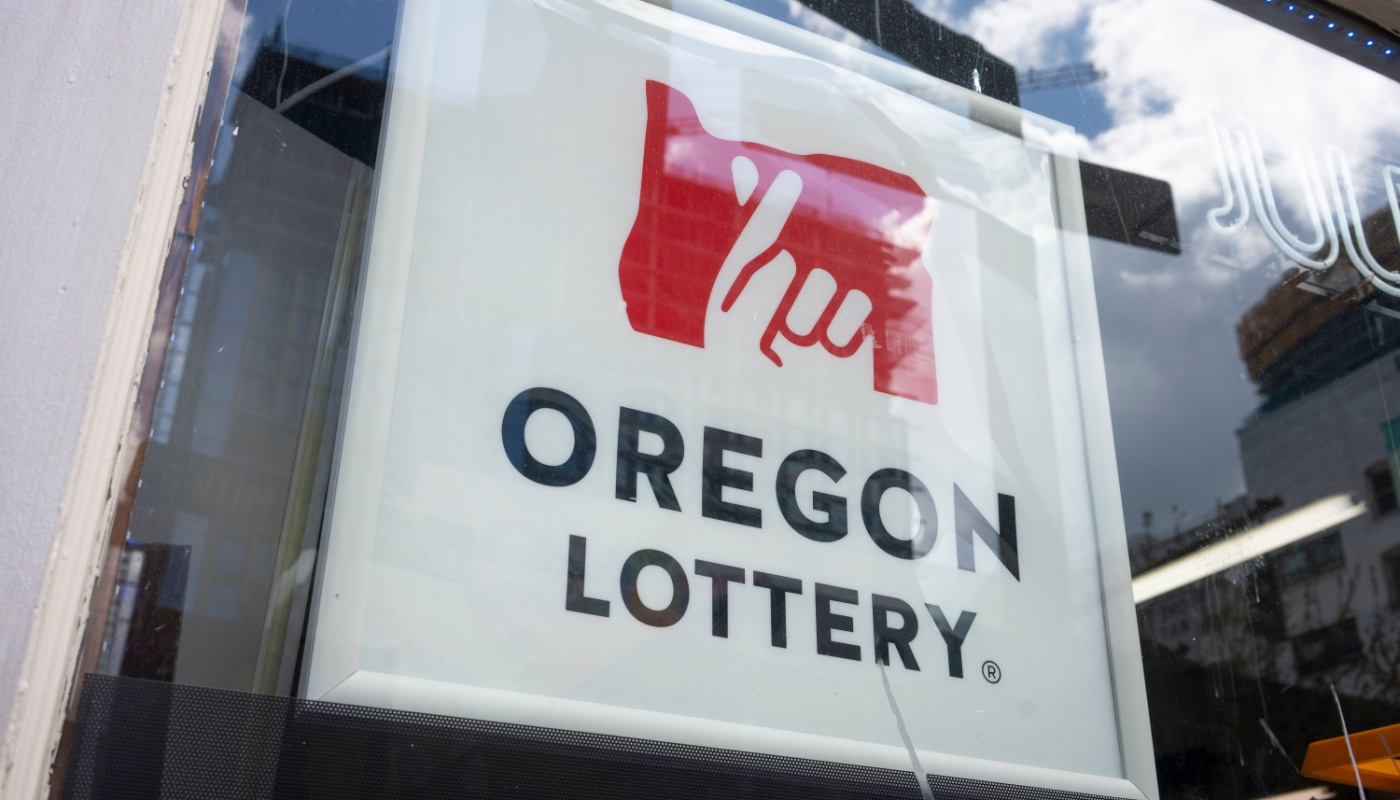
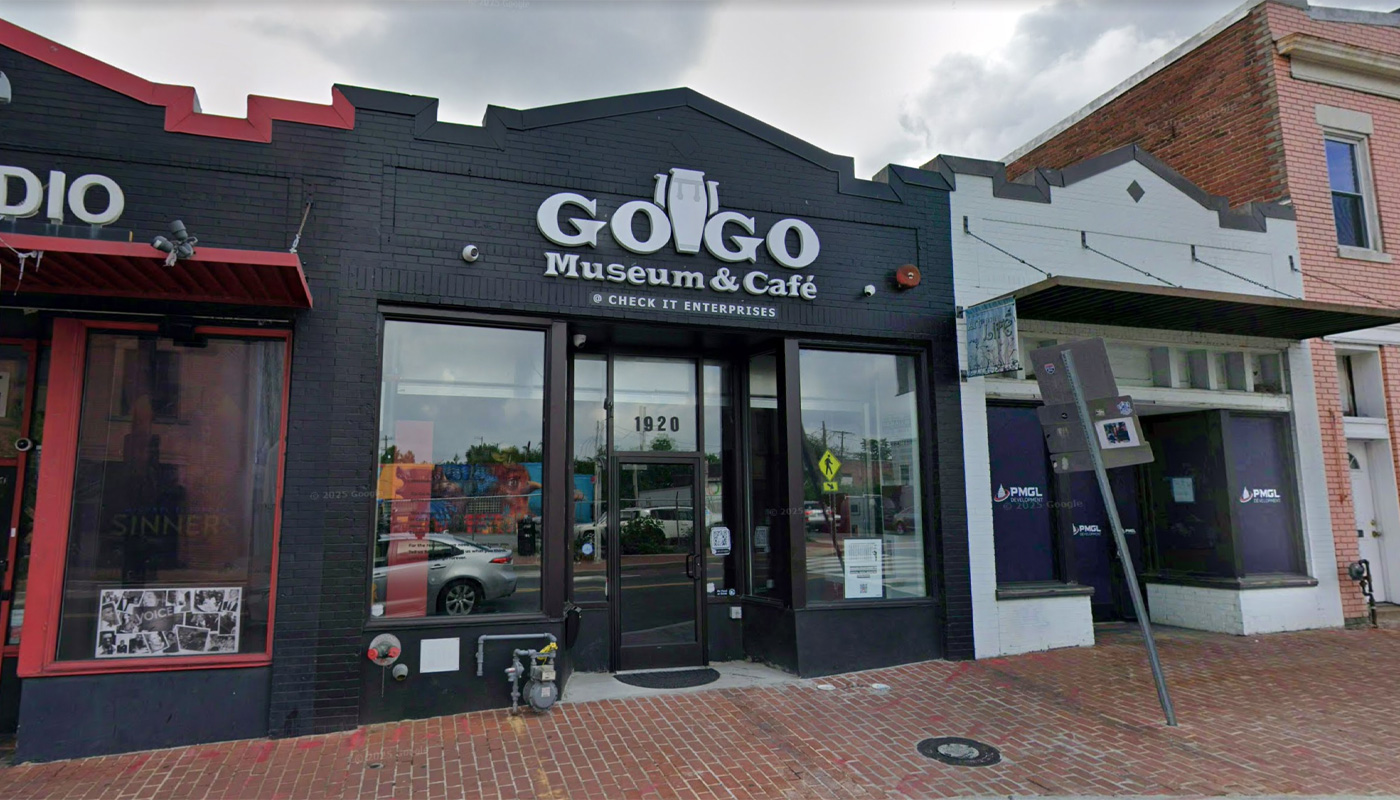
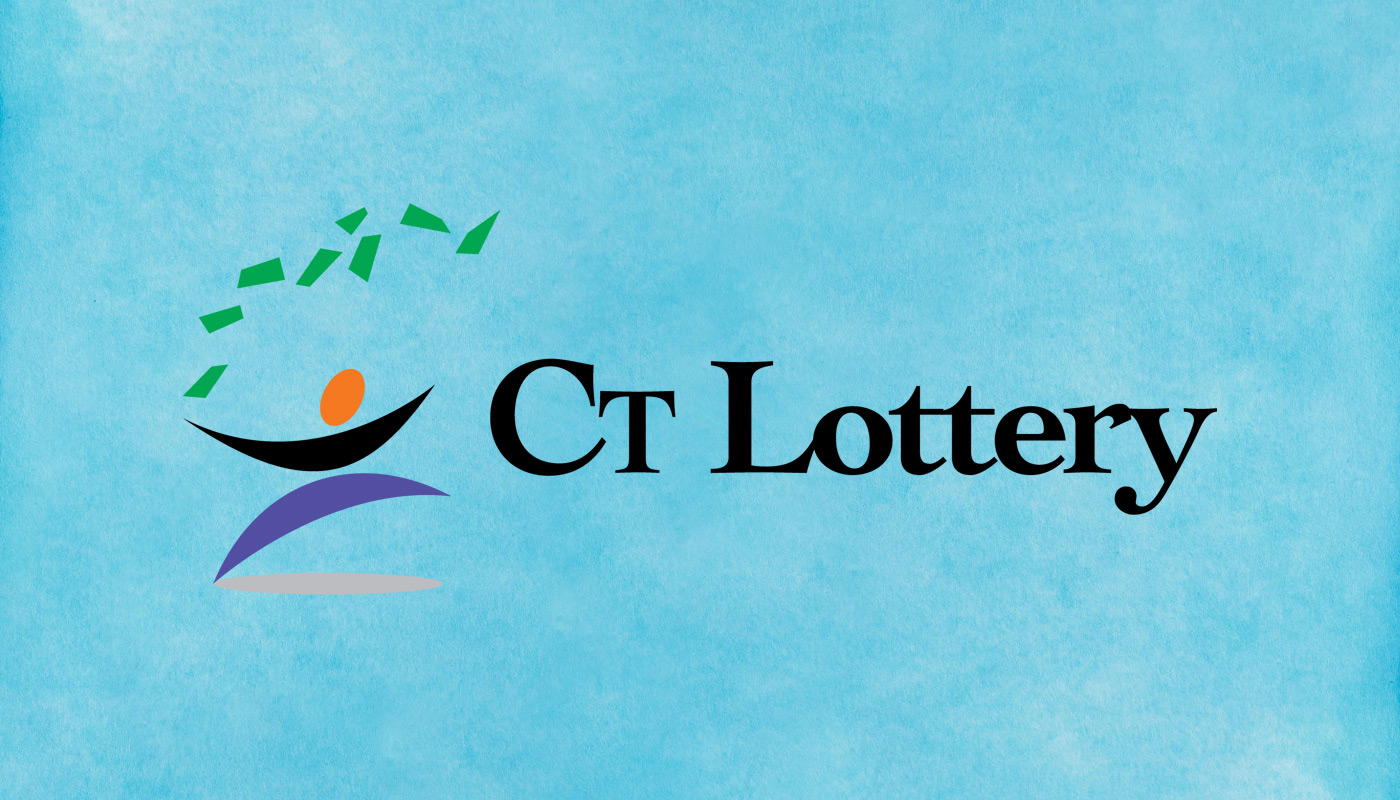
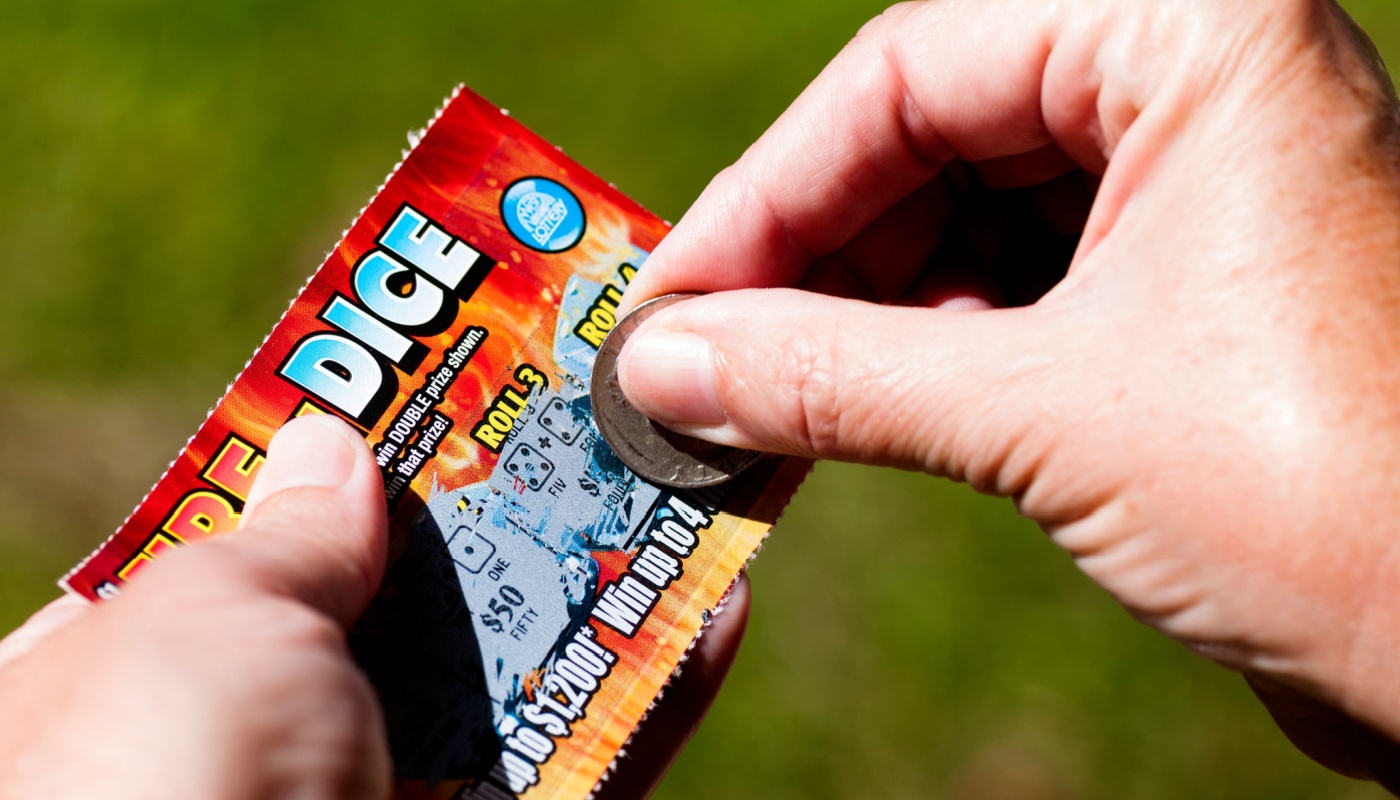



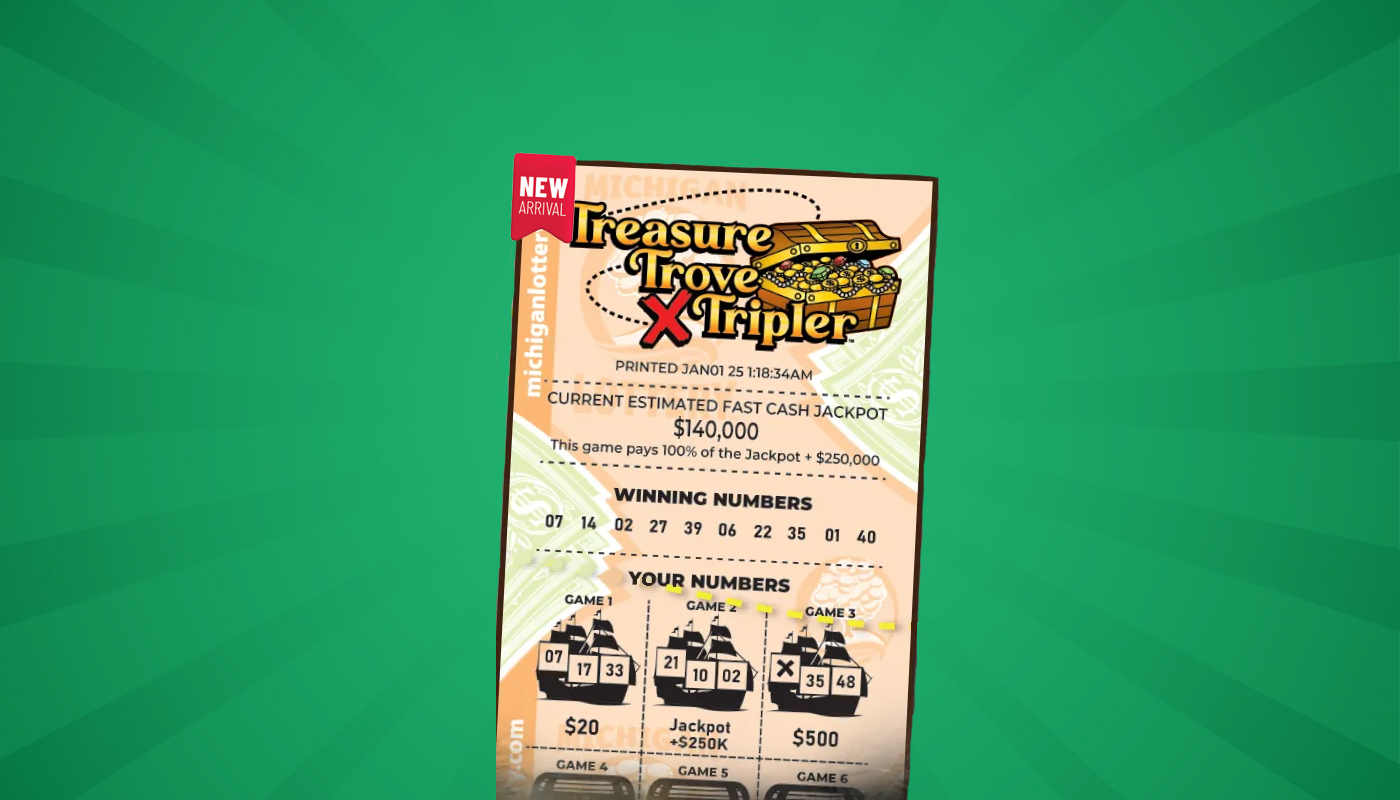
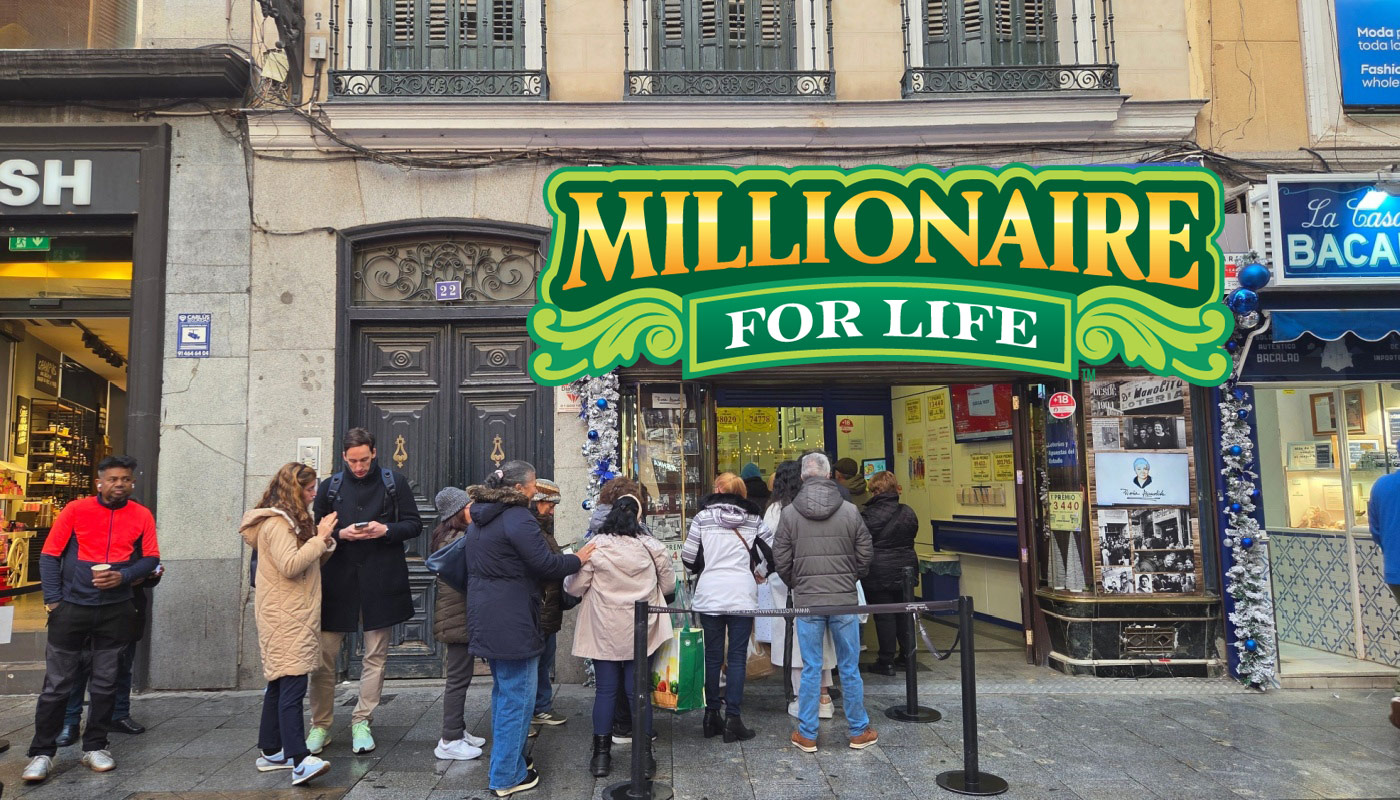









Comments